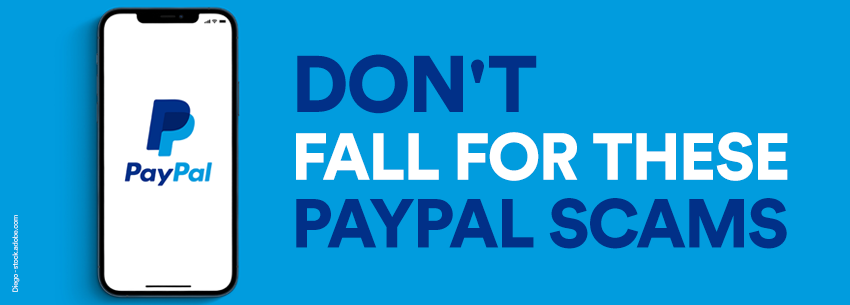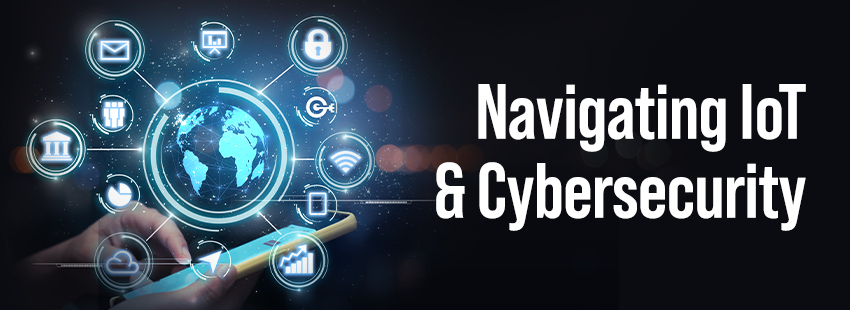As a small or medium-sized business (SMB), choosing the best way to accept payment can be difficult. The options vary between check, bank account, credit card, Venmo, and other online payment platforms, including PayPal. PayPal is one of the most convenient and safe ways to engage in an online sale anywhere in the world. The platform’s fees are less than many merchant accounts, buyers do not need an account to pay you, and it is easy to set up and use. However, using the platform has disadvantages, including the potential for scams.
As an SMB, all employees should beware of potential scams and how to avoid them. Engaging in any online platform can potentially open users up to scams, and it only takes one person to interact with a potential fraud to open the organization to hackers.
Beware of these scams
When shipping the product, do not waiver from your usual practice. Buyers may want to use a preferred shipping method, provide their label, or give a fake delivery address — and you should consider this a red flag. By enacting these preferences, buyers can reroute packages to unknown locations and claim they never got them. If they never receive the package, the buyer can contact PayPal and file a claim for a full refund. Your organization will not be able to prove the item was received and will be responsible for the refund.
Another scam to look out for as an SMB involves overpayment. Buyers will purchase an item from you, then send you more money than your agreed-upon price. The buyer will usually claim the overpayment was an accident and request a refund for the difference. However, they will ask you to send the money to an account outside of PayPal. If anyone in your organization completes this action, the scammer will get the money and then dispute the transaction to PayPal directly. This would lead to the SMB losing the money and PayPal refunding the money back to the buyer.
Finally, the last scam to be aware of is the “Payment Pending” scam. This is where a buyer claims to have made the payment but informs you that PayPal will not release the money until you provide a tracking number for the shipment. If one of your employees moves forward with this request, the scammer will get the item and delete their account. You are leaving your SMB without the product or the money.
Training employees
The first line of defense against PayPal scams is to train your employees. Make sure your employees know to verify email addresses before opening or clicking one. For example, scammers often create an email that looks like it would be from PayPal (ex: PayPal231@paypal22.net). At first glance, one may think the email is from PayPal, but it is not. Additionally, train employees on safe procedures for using PayPal, which may include only working with verified buyers, not clicking on any links or unexpected messages from PayPal, and using your shipping method.
The convenience of PayPal as an e-commerce payment method should outweigh the fear of being scammed, so long as your SMB is knowledgeable about the potential hazards. Staying up to date on the latest scams, training employees in best practices, and performing routine maintenance and training will help protect your organization.





